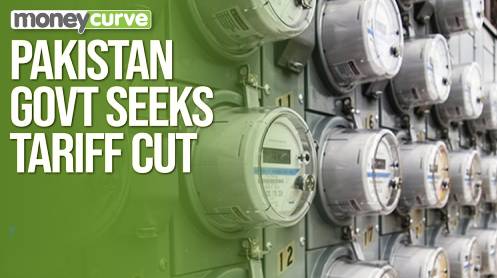The closure of oil ports in the Gulf of Sirte is the main reason for the power outages in eastern Libya, the National Oil Corporation (NOC) says.
“By closing the ports in the Gulf of Sirte, the condensate reservoirs at the export ports will be filled within days, and thus the production of the gas associated with the condensate, which feeds Zueitina power stations and north of Benghazi, will come to a halt,” NOC chairman Mustafa Sanalla said, as carried by The Libya Observer.
A few days ago, Sanalla warned that oil tanks full to the brink at Libya’s oil export terminals are posing a risk to local communities and the facilities themselves.
“The militarization of oil facilities, the presence of mercenaries as well as the military escalation increase the risks that hydrocarbons and chemicals stored at oil ports pose to workers and local population,” Sanalla said. “This may lead to a disaster that is more severe than Beirut’s port and a massive destruction that will cause Libya to be out of the oil market for so many years.”
Currently, oil production in Libya is around 100,000 barrels per day (bpd). This figure is dramatically down from 1.2 million bpd at the start of the year, just before paramilitary formations affiliated with the Libyan National Army (LNA) of eastern Libyan strongman General Khalifa Haftar occupied Libya’s oil export terminals and oilfields.
With Libya’s conflict escalating, the country’s crude oil exports are expected to be just 1.2 million barrels in August, a 40-percent plunge from July, Bloomberg reported last week, citing an initial loading program it has seen.
Libya’s port blockade is set to keep the North African country’s oil off the market until at least the fourth quarter of 2020, which, as devastating as it will be for Libyan oil revenues, could help reduce the expected global production glut by 65 percent, Rystad Energy said on Friday.





